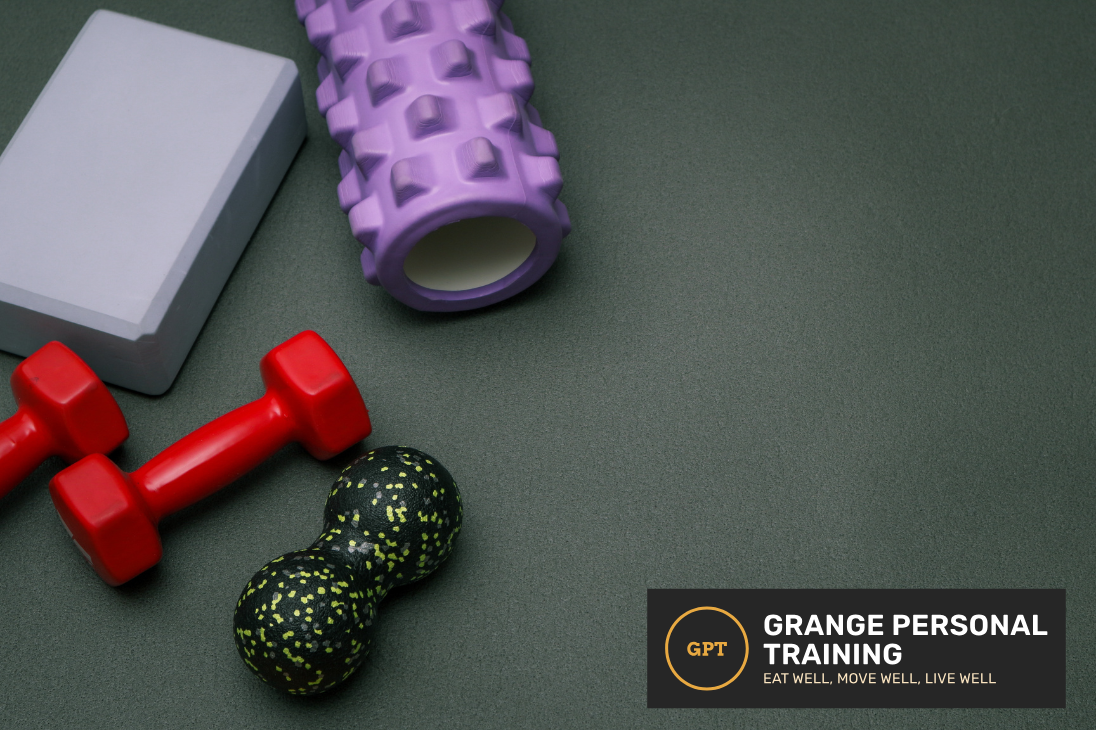Rest and Recovery is Essential

Benefits of Recovery for Exercise
Recovery is an essential component of any fitness routine, allowing the body to repair, adapt, and grow stronger after physical activity. Incorporating proper recovery strategies not only enhances performance but also reduces the risk of injury and burnout. Here are the key benefits of exercise recovery:
1. Muscle Repair and Growth
- Restores Muscle Fibers: During exercise, tiny tears occur in muscle fibers. Recovery allows these fibers to repair and rebuild, leading to increased strength and muscle growth.
- Protein Synthesis: Proper nutrition and rest during recovery enhance muscle protein synthesis, essential for repair.
2. Reduces Risk of Injury
- Recovery helps prevent overuse injuries caused by repetitive strain on muscles and joints.
- Ensures that the body is prepared for subsequent workouts by addressing fatigue and imbalance.
3. Replenishes Energy Stores
- Restores Glycogen: Exercise depletes glycogen (stored carbohydrates) in muscles. Recovery replenishes these stores, ensuring energy for future activities.
- Hydration: Adequate recovery includes rehydration, which is critical for optimal performance.
4. Reduces Muscle Soreness
- Recovery strategies like stretching, foam rolling, and light movement can alleviate delayed-onset muscle soreness (DOMS).
- Improves circulation, which aids in flushing out lactic acid and other byproducts of exercise.
5. Enhances Performance
- Adequate rest improves endurance, strength, and overall workout efficiency.
- Prepares the body to perform at a higher level during subsequent training sessions.
6. Supports Mental Recovery
- Reduces mental fatigue and stress, helping athletes stay motivated and focused.
- Promotes relaxation and better sleep, which are crucial for both physical and mental rejuvenation.
7. Improves Flexibility and Mobility
- Recovery activities like yoga, stretching, or foam rolling help maintain or improve flexibility.
- Addresses tightness and imbalances, improving overall movement quality.
8. Promotes Hormonal Balance
- Exercise affects hormones like cortisol and testosterone. Recovery helps restore hormonal balance, supporting growth and reducing stress.
- Sleep, a critical part of recovery, optimizes hormone regulation.
9. Prevents Overtraining Syndrome
- Overtraining without adequate recovery can lead to fatigue, decreased performance, and mood disturbances.
- Recovery breaks this cycle, ensuring sustainable progress and well-being.
10. Encourages Long-Term Consistency
- Proper recovery prevents burnout and keeps exercise enjoyable.
- Ensures longevity in fitness by avoiding setbacks like injuries or excessive fatigue.
Best Recovery Practices
- Sleep: Prioritize 7-9 hours of quality sleep to support recovery.
- Nutrition: Consume a balanced meal with protein, carbohydrates, and healthy fats post-workout.
- Hydration: Drink water and replenish electrolytes to recover lost fluids.
- Active Recovery: Engage in low-intensity activities like walking or light yoga to promote blood flow.
- Stretching and Mobility Work: Improve flexibility and release tension in muscles.
- Massage or Foam Rolling: Relieve muscle tightness and enhance circulation.
- Rest Days: Incorporate full rest days to allow the body and mind to recover fully.
Recovery is not a sign of weakness but a critical step toward achieving fitness goals. By prioritizing recovery, you can maximize your potential, reduce risks, and sustain a healthier and more active lifestyle.